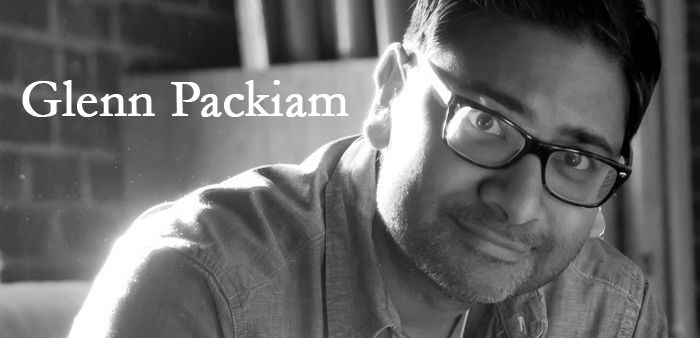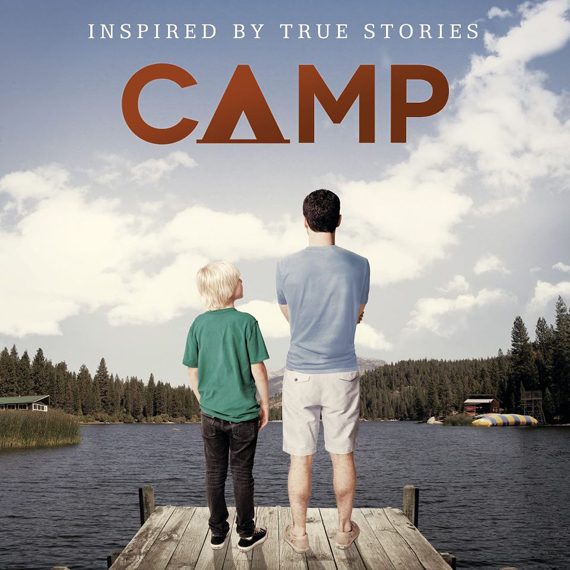Better Than Facebook
Here’s what captured my online attention this past week, and I’m serious when I claim this stuff is better than Facebook. Do yourself a favor and check ‘em out…
This post by Glenn Packiam, “What Does It Mean To Take A Stand For Jesus?” Here’s the opening lines from Glenn’s post: “Nobody’s talking about Duck Dynasty star, Phil Robertson’s comments in GQ anymore. Which is why I thought this might finally be a good time to talk about a question that I kept thinking about during the uproar.”
This movie (now available on Netflix), CAMP. It’s based on true stories from Royal Family Kid’s Camp – which is a network of camps for abused, neglected, and abandoned kids. The movie isn’t big budget, and you can tell. But here’s WHY I THINK IT’S WORTH YOUR TIME: it has a powerful message that people really matter and there is hope for everyone. If I was still a youth pastor, I’d require all my youth leaders to come to my house and watch this movie. Here’s the preview:

NOW YOU: What did you see or read online recently that was better than Facebook?




Enjoyed the first article Brian. And the movie was great. Very touching. Made me think about the ways I engage with people in my life. This reminds me of a quote I read this week that “every person we speak to sits next to a pool of tears.”
I was really challenged by Packiam’s blog. I thought his position on confronting sin in the lives of believers vs. trying to impose biblical morality on a culture that does not recognize scripture as the basis for conduct is right on. I think his statements regarding the ignorance of many American Christians to the fact that Judeo-Christian morality is no longer automatically accepted in our society help define a necessary paradigm shift in the thinking of many, if not most. Even his own statements unwittingly help prove his point. He cites repentance in his proposed response to questions that are brought to our attention in our society. I doubt many of those I interact with who are not Christians have a clear understanding of the scriptural meaning of the word ‘repent’. I don’t raise this to be picky or to take any issue with his blog, rather to point out how pervasive “christianeze” has become to us and how we will need to re-consider every detail of how we respond to our society to avoid becoming the bad kind of wierd.
I do struggle, however, with how to respond to most of the homosexual friends I have. Most of them claim to be Christian. They want to raise the (valid) point that homosexuality is not the only sin recognized in the bible but the only one (in their opinion) that most Christians are unwilling to accept as “normal”. They hold the position that scriptures condemning homosexuality are either mis-interpretted or mis-represented by traditional religious heirarchy (systems of man) or outdated social convention. In short, and probably oversimplifying, they claim to enlightened.
I was encouraged by Packiam’s point about Jesus refusing to get sucked in to the dialogue the religious leaders wanted to pursue, rather choosing to stick to His purpose and methods. For me, I think that means I need to be less concerned with trying to convince my friends of their erroneous thinking, and more concerned with demonstrating an attitude of love. This is not to say that I should not speak the truth at the appropriate times, but whatever I say and whatever I do must be totally and completely immersed in the love of Christ. My motive can’t be to win an argument or to be right, my motive must be to love without condition. I am challenged to do the work of figuring out what it means to take this beyond the ideal to practical reality.
I’m pretty sure the Holy Spirit can be much more effective in helping them to see things as He desires them to see them if I can stop distracting them or outright giving them reasons not to want to listen.